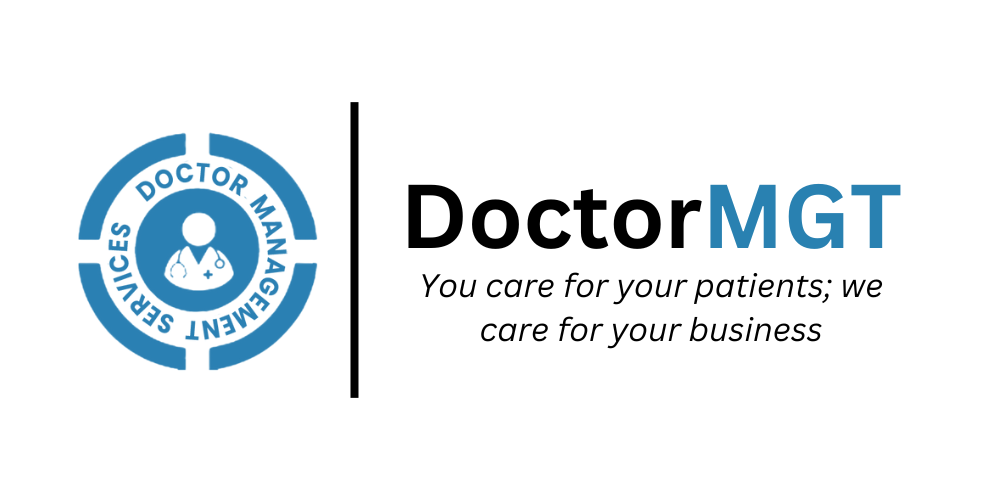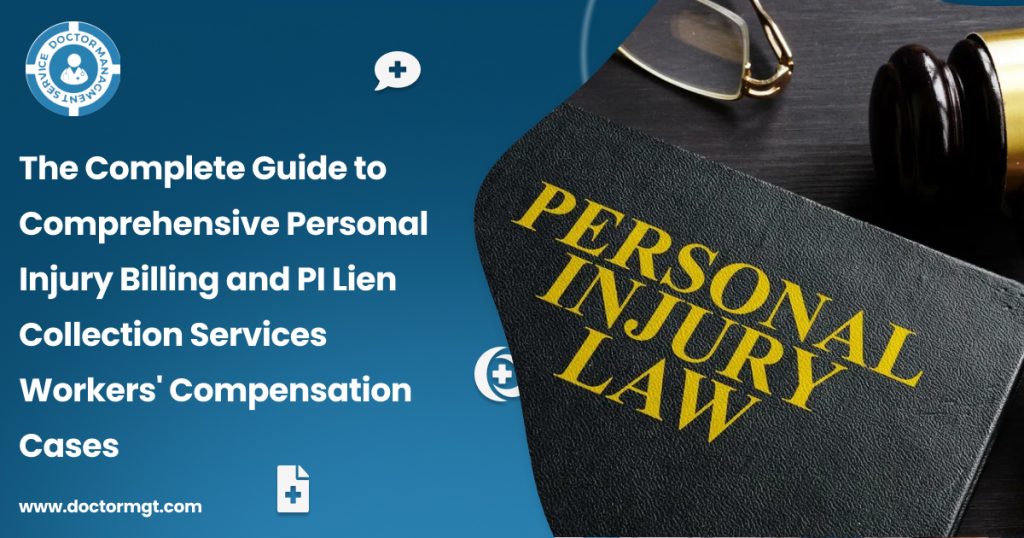The personal injury market accounts for a large portion of the healthcare industry in the United States. Many people seek medical attention, and hence, millions of personal injury cases require treatment. Every year, approximately 39.5 million victims of personal injury seek medical assistance, which sustained a $53.1 billion industry in 2022.
For health care professionals, understanding the Comprehensive Personal Injury Billing and personal injury lien collection services is paramount to ensuring that the practice receives payments and stays solvent.
In this blog, we further explain these topics and provide useful tips on strategies and practices within the industry.
The Background of Personal Injury Billing
Personal injury billing is among the most complex of basically all billing cycles, certainly because of the unique nature of the cases it serves. Many of these cases are the result of motor vehicle accidents, workplace injuries, or medical malpractice and require careful administration of financial issues.
The presence of multiple insurance policies is another big hurdle, as the patient may have insurance from different providers, and it complicates issues of who pays for what. Legal liens create additional complexity because healthcare providers often have to wait for case settlements before receiving payment, which means they can’t expect immediate payment and cannot be sure that lien agreements will work effectively.
The other big hurdle is that providers need documentation and precision in the coding to make sure that the claims process is as per defined standards. All these factors together make it a very meticulous and demanding process.
Benefits of Professional Billing Services
Health service providers can experience great cost reduction and improved operations through the use of professional billing services. Here are the key benefits that professional billing services offer:
Maximize Reimbursements
Maximum reimbursement is a huge advantage of hiring certified billing professionals. These professionals are experts in coding and documentation. Therefore, they make sure that the treatment performed is correctly recorded with the proper codes (ICD-10 CM, CPT).
They certainly increase the likelihood of a more prompt resolution; claims are less likely to be denied and secure higher reimbursement rates. Most billing services utilize advanced software solutions that make real-time auditing and claims tracking possible, and as soon as discrepancies arise with claims, they immediately fix them.
Faster Payments
One of the advantages of outsourcing billing tasks is that the payment timeline gets faster. Electronically submitted claims are processed faster than paper claims by professional billing services. This efficiency is critical in personal injury cases where payment needs to occur quickly to enable liquidity.
Additionally, several billing companies offer complete accounts receivable management, which includes the generation of regular reports on outstanding claims and payment statuses. This transparency helps a healthcare provider keep track of their underlying financial health and make informed decisions with respect to their operations.
Reduced Administrative Burden
Managing all the details involved with billing means that a large amount of your staff time will be dedicated to administrative tasks, which can be tricky, to say the least. Shifting these tasks to professional services not only makes it a more efficient operation but also increases staff morale.
Free resources mean more time they can spend doing what they’re best at. Patient care can become focused in this way, leading not only to increased patient satisfaction and outcomes but ultimately enhancing the practice at large.
Navigating PI Lien Collection
Healthcare providers may also place liens on future settlement funds awarded to patients in personal injury cases. That makes it a case where, as soon as an agreement is reached, the provider gets payment straight from those funds.
Coordination with Legal Professionals
Effective communication between PI lien collection services and attorneys representing injured parties is essential for managing liens successfully. Furthermore:
- Establishing Clear Agreements: Lien agreements should be clearly documented and communicated to all parties for a provider to be on the correct track.
- Monitoring Settlement Progress: Providers must keep track of settlement negotiations to anticipate when to expect payment.
Insights into Future Directions for Personal Injury Billing
As the personal injury billing industry continues to evolve, several key insights emerge that can shape how healthcare providers approach this critical aspect of their practice:
Utilization of Data Analytics
Data analytics has largely replaced traditional methods for personal injury billing. Healthcare providers can use trends in denial rates, payment delays, and claims submission to find issues in their billing systems. Instead of making assumptions, data is now available to make more informed decisions and achieve better financial results.
Interdisciplinary Collaboration
An effective personal injury billing process is always dependent upon the collaboration of healthcare providers, insurance companies, and legal professionals. Strong stakeholder relationships in this sector allow them to be more proactive in their approach to claims processing and lien management issues.
Responding to Reforms
Healthcare regulations are not static, and healthcare practices must be prepared to adjust to evolving legal frameworks at both the federal and state levels. Medical practices must adopt a strategic approach and update their billing practices so that they can offer continued service delivery without violating the new provisions.
Focusing on Patient Education
Educating patients about their insurance coverage and lien agreements can improve transparency in billing. Informed patients are more likely to take a positive part in their communication with healthcare providers on billing matters, as they already know their responsibilities and the expected consequences of relevant treatment decisions.
Final Words
The healthcare billing industry for personal injury is quite vivacious, offering dynamic challenges and rewards. Notably, to thrive in this hyper-competitive sector, providers need to leverage innovative strategies in data analytics, interdisciplinary approaches, regulatory compliance, and patient education.
Since the personal injury care market has a CAGR of 6.4%, managing billing complications must be taken seriously in order to increase revenue and expand the quality of care being provided.
The amalgamation of these principles will not only improve the revenue cycle of the healthcare providers but will also ensure heightened satisfaction in patients. This will lead to positive outcomes for the personal injury market as a whole.

